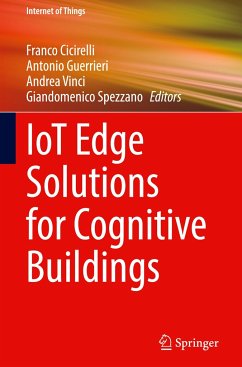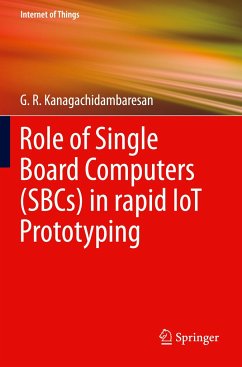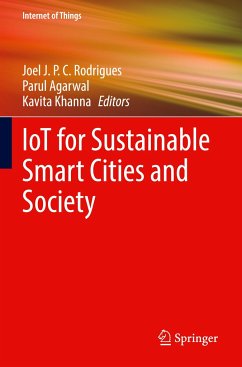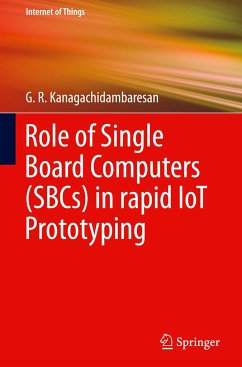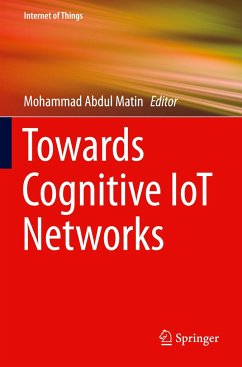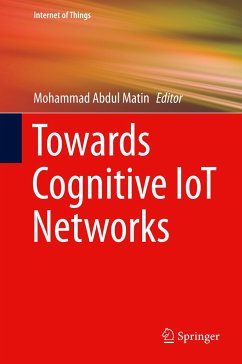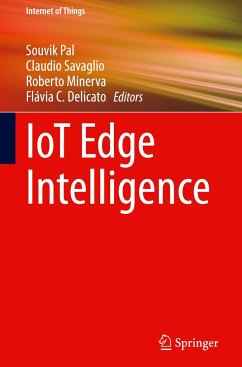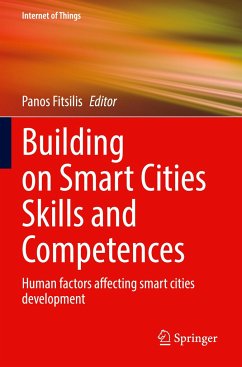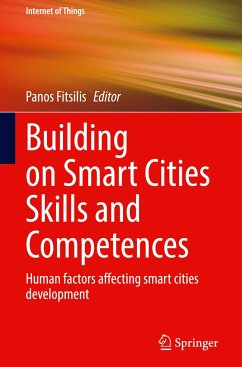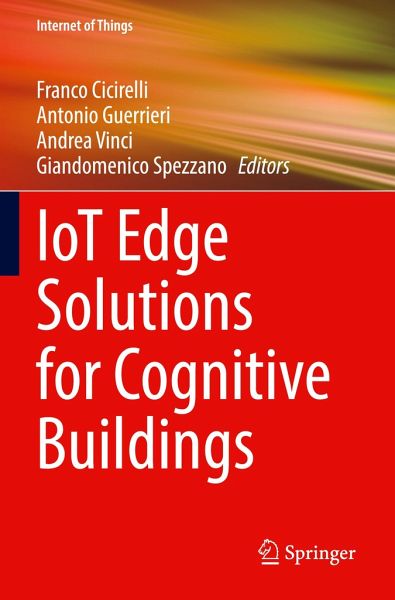
IoT Edge Solutions for Cognitive Buildings
Versandkostenfrei!
Versandfertig in 6-10 Tagen
106,99 €
inkl. MwSt.

PAYBACK Punkte
53 °P sammeln!
This book outlines the promise of the field of the Cognitive Internet of Things when it is applied to cognitive buildings. After an introduction, the authors discuss the goals of cognitive buildings such as operation in a more efficient, flexible, interactive, intuitive, and sustainable way. They go on to outline the benefits that these technologies promise to building owners, occupants, and their environments that range from reducing energy consumption and carbon footprint to promoting health, well-being, and productivity. The authors outline technologies that provide buildings and equipment ...
This book outlines the promise of the field of the Cognitive Internet of Things when it is applied to cognitive buildings. After an introduction, the authors discuss the goals of cognitive buildings such as operation in a more efficient, flexible, interactive, intuitive, and sustainable way. They go on to outline the benefits that these technologies promise to building owners, occupants, and their environments that range from reducing energy consumption and carbon footprint to promoting health, well-being, and productivity. The authors outline technologies that provide buildings and equipment with the ability to collect, aggregate, and analyze data and how this information can be collected by sensors and related to internal conditions and settings, energy consumption, user requests, and preferences to maintain comfort and save energy. This book is of interest to practitioners, researchers, students, and professors in IoT and smart cities.





